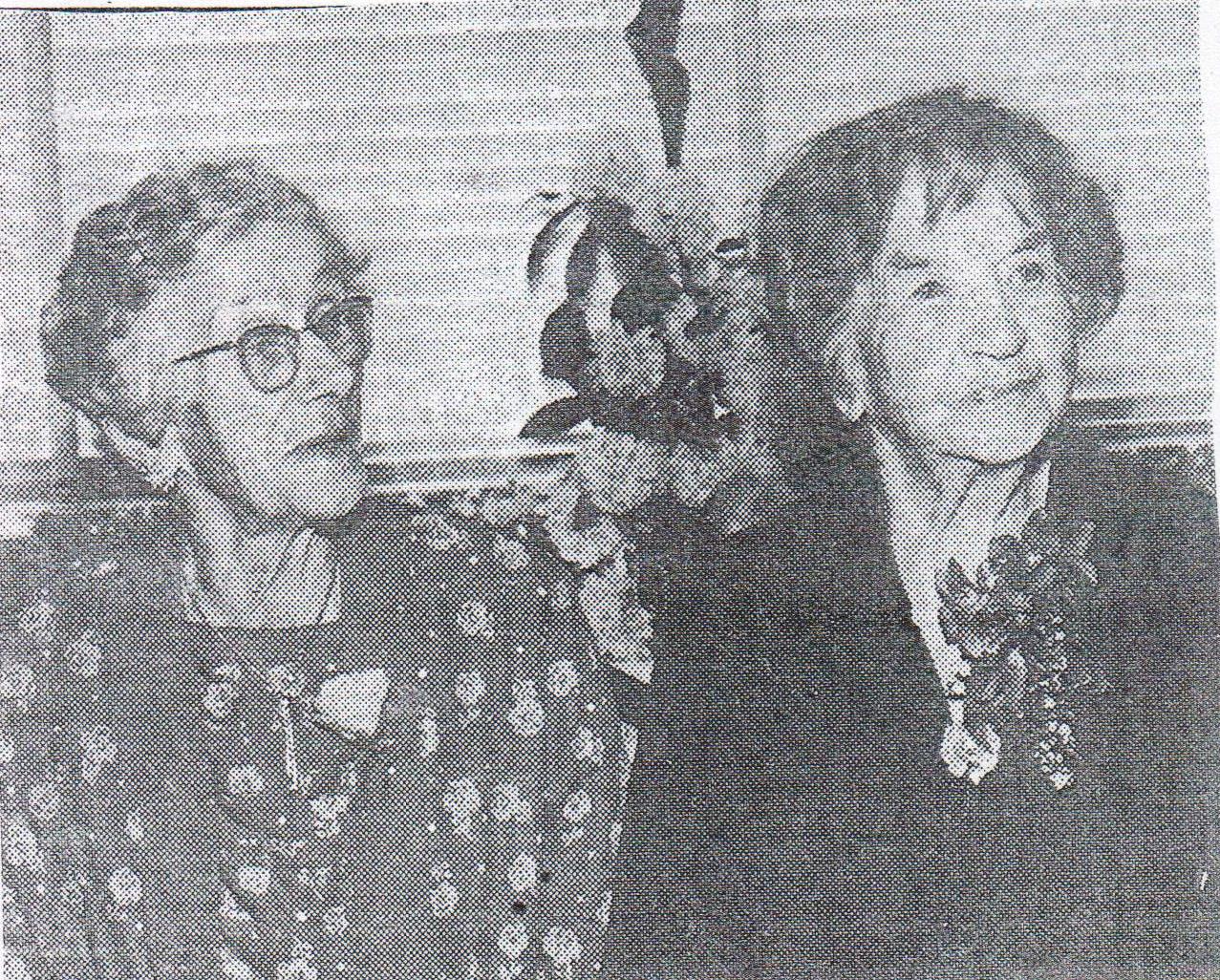Case Study- Volunteer Nurse:
Louisa Higginson (Pictured)
“When one takes a walk one always meets with the same thing: smells and bells”
Louisa Higginson was a volunteer nurse for The British Red Cross in First World War, leaving the open green spaces of New Zealand, for the cramped, sweltering hospital in Malta and Egypt.
On the 100th anniversary of the battle of Gallipoli in 2016, Louisa’s diary revealed the sights, sounds and smells of hospital life as she treated injured soldiers from the battle.
Hard graft started. It was unglamorous work and Louisa scrubbed and cleaned the hospital from top to bottom, cleaning ‘thousands’ of dishes in one day, which held a few unwelcome surprises. She spent the morning sewing at the hospital and the afternoon sewing uniforms. We hired a machine – it was a good one and “fleas were given gratis.”
Meanwhile, as the battle raged, wounded soldiers were passing through a Red Cross causality clearing station. The less serious cases were sent to a hospital at Mudros on the Greek Island of Lemnos, where the British Red Cross opened a free entertainment buffet in the harbour serving patients.
The badly wounded and sick men were taken by hospital ship or hospital carrier to Egypt, and in some instances straight to England. We gave each casualty warm, fresh bedding for the journey.
Louisa’s long wait
Louisa and her friends waited for the first patients to arrive, suspense grew among the young volunteers about what they have to deal with.
They did their best to prepare in difficult circumstances, resorting to ingenious (or should that be alarming?) alternatives to hospital instruments .
On Wednesday 9 June 1915, Louisa wrote: “Waiting for patients all day….. I do hope we will be able to look after our patients well for I hear the cases are the worst that have arrived so far in Malta.”
“We went out this evening to try and get some instruments but found it very hard to do so. We got knitting needles for probes (Mary’s idea).”
Sweat and sandflies
When the patients arrived, they came thick and fast, “nearly everyone a stretcher case. With spraying and dressing we did not get off till 11pm. We have been going for all we are worth.” Louisa quickly got to know her patients. A week after the first arrivals she writes: “Lost our first patient, whose name was Rogers. The poor chap was only 17 and so nice – it is dreadful to see all the suffering though it is marvellous how the other cases are getting on.”
Nursing that many wounded patients was hard enough, but the boiling heat made life truly difficult: “The heat is awful, one is in the state of mopping one’s face the whole time. The chief things to worry me are sandfly bites – I am bitten all over the arms and face.”
Anyone who has ever worked night shifts will also sympathise with her struggles to get enough sleep. Her mood and health were both affected, each day brought highs and lows.
“Felt this morning life was not worth living but after a sleep, felt better. We lost one of our patients today (Barratt) and we felt very broken up about it. He was a nice boy, only 20 years of age.”
But the day ended on a flourish: “a party of French people came and gave a variety of entertainment and it was good, especially the conjuror.
Were any of your family members from Suffolk and volunteered as a nurse during The Great War like Louisa? Are you inspired to volunteer now?
With special thanks to The British Red Cross – redcross.org.uk/WW1


